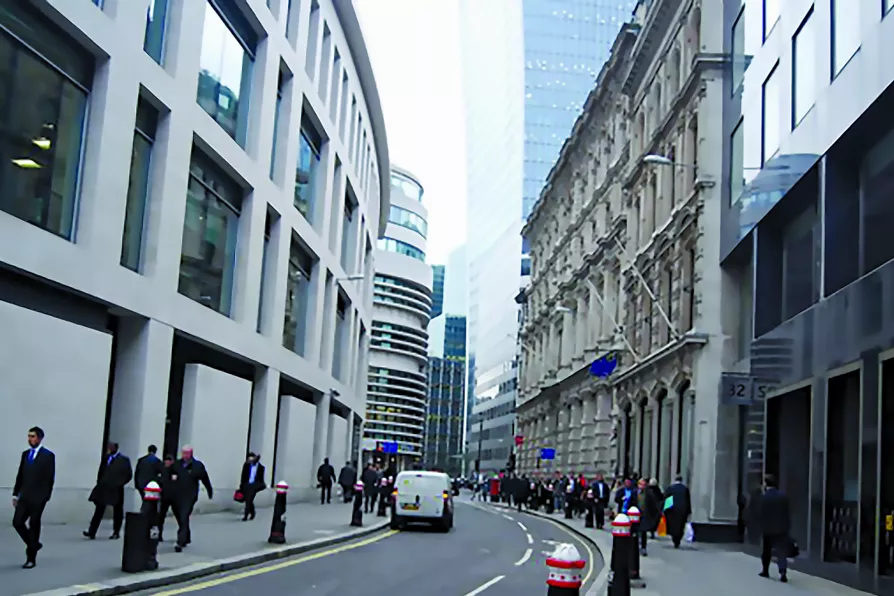GORDON PARSONS applauds a marvellous story of human ingenuity and youthful determination, well served by a large and talented company

 Lombard Street
[N Chadwick/CC]
Lombard Street
[N Chadwick/CC]
PRIOR to my first column as part of the Star’s new poetry-editing team I thought I might raise what the Northern Irish poet and literary scholar Tom Paulin once dubbed “writing to the moment.” He meant what the term suggests: writing that aspires to art but without loss of immediacy; poetry strongly linked to contemporary matters, like a kind of literary journalism.
Indeed, poetry has been described as news that stays news.
Left movement poetry has always thrived on topicality, intent on deconstructing present capitalist disorder in verse as well as prose. Indeed, the Chartist press and their Marxist editors pioneered this approach in the 1840s just as the Morrisonian Marxist press sustained it as a practice through the 1880s-90s.
William Morris himself wrote poems and songs as well as prose articles for The Justice newspaper.
The placing of poetry alongside reports and articles in the body of their newspapers and journals which reflected the same topics and subjects was a common feature of the Chartist and Morrisonian Marxist press, seen too in the Daily Worker (1930) and its sixties love-child, the Morning Star(1966).
I therefore thought that modern readers and possible future contributors to the poetry page might be encouraged, even inspired, to learn some of this backdrop which I discovered myself by compiling Lenin’s Gramophone over the last two decades, an anthology of Scottish left movement poetry, song and spoken wordsmiths (1840s-2000s), not yet published.
In that endeavour I came across the work of Matthew Bird. A Glasgow printer with the Scottish Daily Worker at the beginning of WWII, Bird produced 23 poems between November 26 1940 and January 21 1941 prefixing them with quotes taken from the capitalist press about issues he would then lampoon from the left.
Rather like Thomas Hood and Bertolt Brecht, Bird found his subjects in contemporary newspapers and I was glad be reminded of all of them when I read a recent poem in the Morning Star on January 23 2023 by Simon Haines, Hanging by a Thread, (https://morningstaronline.co.uk/article/c/21st-century-poetry-hanging-thread) which operates on exactly the same principle I have been trying to describe, and indeed recommend.
The poem is prefaced by a quote from the Daily Mail that William’s and Harry’s relationship is “hanging by a thread” which the poet then proceeds to deconstruct by comparing what that phrase means in the life of ordinary working-class citizens today in contemporary Britain, foodbanks, energy bills, schools, transport and ambulance services, brilliantly evoked in short word-pictures, simple, nothing too fancy.
Space for poetry is obviously limited in our paper and consequently we have caps on the number of lines permitted but brevity and compactness, as Brecht demonstrated, can be as much a strength for creating writing energy as a drawback.
Despite spoken word writing not being renowned for brevity, I have also read many brief or truncated pieces from stand-ups, performance poets and spoken word artists, which would do more than fill the spec for the poetry spot in this or any newspaper if it exhibits the kind of fluency and punch Matthew Bird’s timeless example shows, as “news that stays news.”
Lombard Street was London’s financial City in the 1940s, and is still the same beast eight decades later.
In Lombard Street

ANDY CROFT welcomes the publication of an anthology of recent poems published by the Morning Star, and hopes it becomes an annual event
by Widad Nabi










